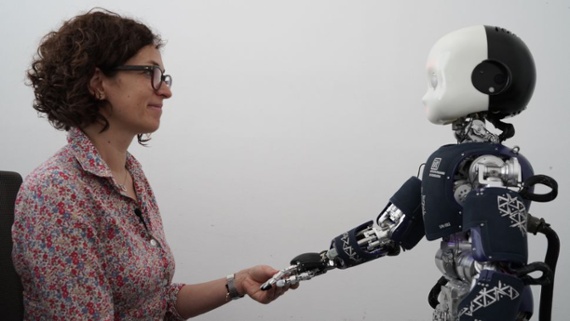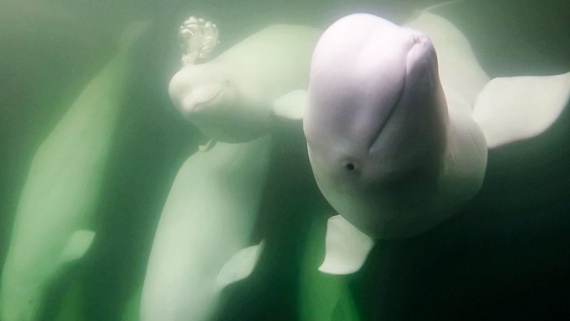|
This site is an experiment in sharing news and content. Almost everything here came from email newsletters.
Sponsor
2022/07/14
'Ancient death trap' preserved hundreds of fossilized frogs that drowned during sex
@
16:24
Subscribe to:
Post Comments (Atom)
Label Cloud
Technology
(1464)
News
(793)
Military
(646)
Microsoft
(542)
Business
(487)
Software
(394)
Developer
(382)
Music
(360)
Books
(357)
Audio
(316)
Government
(308)
Security
(300)
Love
(262)
Apple
(242)
Storage
(236)
Dungeons and Dragons
(228)
Funny
(209)
Google
(194)
Cooking
(187)
Yahoo
(186)
Mobile
(179)
Adobe
(177)
Wishlist
(159)
AMD
(155)
Education
(151)
Drugs
(145)
Astrology
(139)
Local
(137)
Art
(134)
Investing
(127)
Shopping
(124)
Hardware
(120)
Movies
(119)
Sports
(109)
Neatorama
(94)
Blogger
(93)
Christian
(67)
Mozilla
(61)
Dictionary
(59)
Science
(59)
Entertainment
(50)
Jewelry
(50)
Pharmacy
(50)
Weather
(48)
Video Games
(44)
Television
(36)
VoIP
(25)
meta
(23)
Holidays
(14)








No comments:
Post a Comment
Keep a civil tongue.